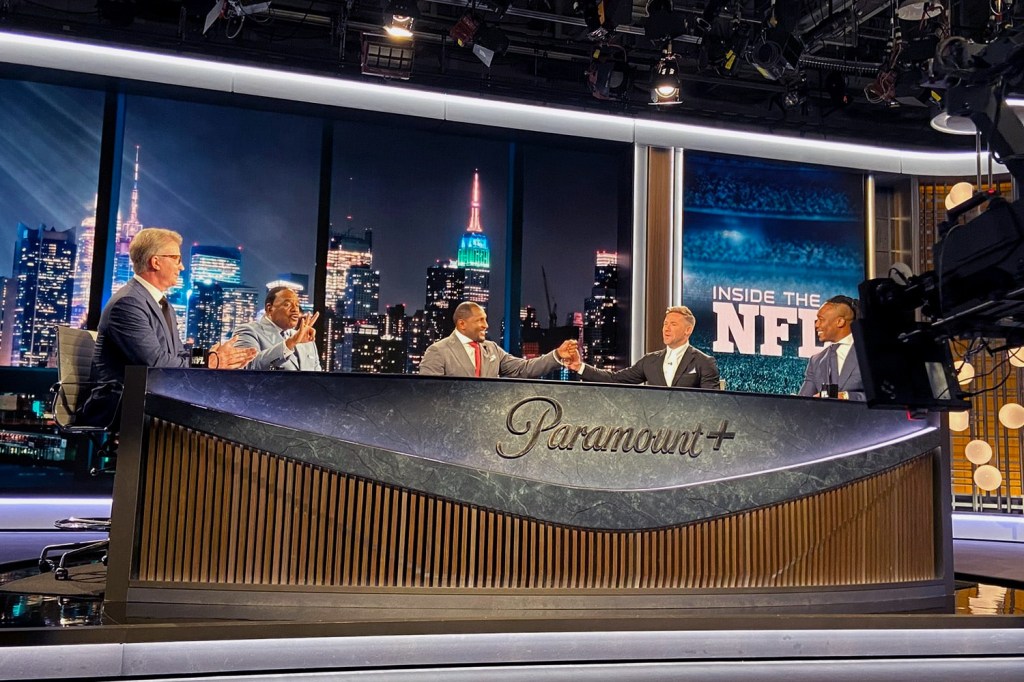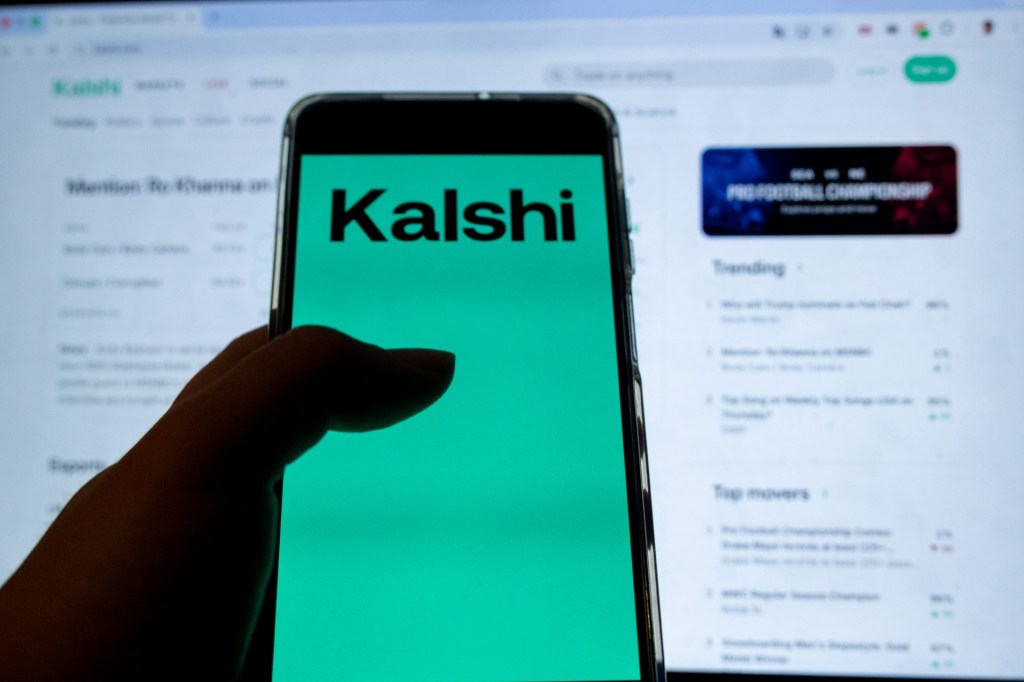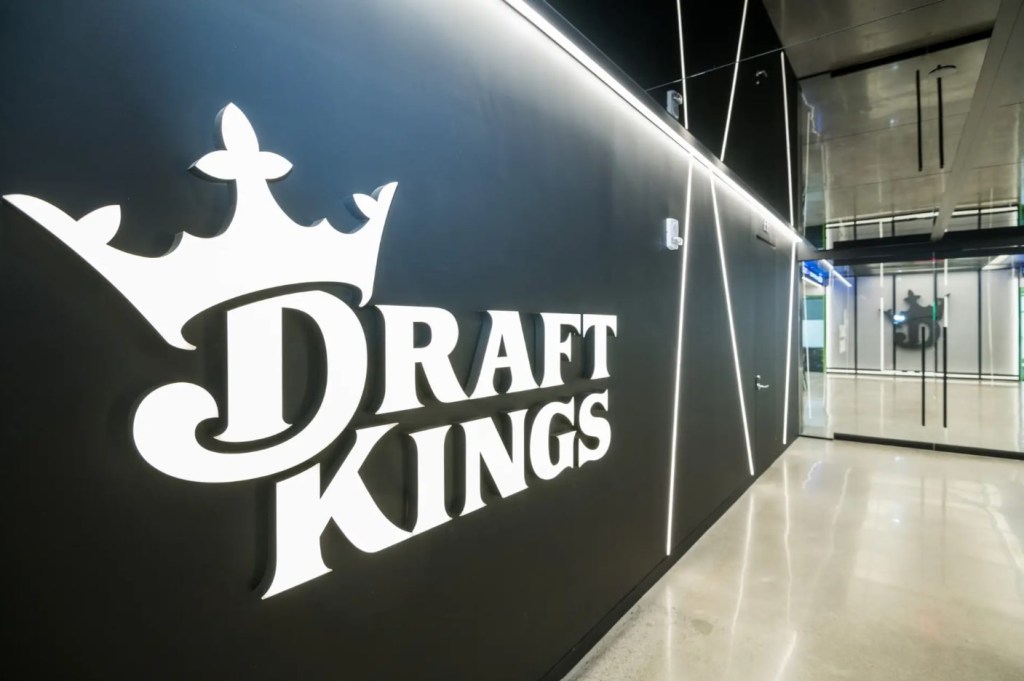DraftKings intends to dominate both the sportsbook and prediction markets.
Ahead of the sports betting giant’s Friday third-quarter earnings call, it unveiled a new multiyear partnership with ESPN to become the company’s exclusive sportsbook and odds provider—an announcement that came shortly after ESPN and Penn Entertainment formally ditched their high-profile deal.
Meanwhile, the company is ramping up plans to enter the world of prediction markets, after it last month agreed to pay $250 million for Railbird Exchange, a federally licensed prediction-markets platform.
Although it didn’t commit to offering controversial sports event contracts when that acquisition was announced, DraftKings now appears prepared to go all in. CEO Jason Robins said during Friday’s earnings call that “we see predictions as a significant incremental opportunity,” and that the company intends to “enter many states with sport event contracts,” with a focus on those where sports betting is not yet legal. Although no specific states were mentioned on the call, major states that do not have legalized sports betting include California and Texas.
DraftKings says its prediction-markets platform will be launched in the “coming months.” When pressed, Robins said it’s possible it could launch during the fourth quarter “if ready.”
“We will pursue this opportunity, we will compete, and we will win,” he said.
Robins said DraftKings held discussions with regulators in multiple states before diving into prediction markets. “We really value and treat with the utmost importance our relationships with regulators and policy makers,” he said.
Challenges include customer acquisition and retention, Robins said. Plus, the “products themselves are super nascent.”
“It is still so early and [there are] a lot of unknowns,” he said. “We have zero data. We haven’t launched our product.”
Not only is DraftKings getting into prediction markets—a space that, to date, has largely been dominated by Kalshi and Polymarket—but so is FanDuel, which in August reached a deal with derivatives exchange CME Group to enter the arena. FanDuel, like DraftKings at first, has not committed to offering sports event contracts. FanDuel’s third-quarter earnings call is next week. A company spokesperson tells Front Office Sports there is “nothing new to share” on the prediction-markets front.
“We welcome the competition,” Kalshi spokesperson Sara Slane tells FOS. A representative for Polymarket declined to comment.
Prediction markets dominated the earnings call conversation. There were far more questions about the upcoming platform launch than anything else, including the new ESPN deal. As far as financials, DraftKings reported revenue of $1.14 billion in the third quarter, up 4% from the same period last year. The company says that increase can be attributed to “continued healthy customer engagement, efficient acquisition of new customers, and higher structural Sportsbook hold percentage, partially offset by customer-friendly sport outcomes.”
The reported revenue was below analyst estimates of about $1.21 billion. The company also lowered its fiscal year 2025 revenue guidance from $6.3 billion to between $5.9 billion and $6.1 billion. Meanwhile, the company’s stock has struggled this year—as of Friday morning it was down more than 27% year to date—amid factors including competition from prediction markets and tax increases on sports wagers in states such as Illinois and New Jersey.
Despite the downward revision of fiscal year revenue and sluggish stock, Robins expressed confidence.
“This is the most bullish I have ever felt about our future,” Robins said.





![[Subscription Customers Only] Jul 13, 2025; East Rutherford, New Jersey, USA; Chelsea FC midfielder Cole Palmer (10) celebrates winning the final of the 2025 FIFA Club World Cup at MetLife Stadium](https://frontofficesports.com/wp-content/uploads/2026/02/USATSI_26636703-scaled-e1770932227605.jpg?quality=100&w=1024)







![ESPN Bet broadcasts inside the PGA Tour Studios building in Ponte Vedra Beach, Florida, on March 14, 2025. [Clayton Freeman/Florida Times-Union]](https://frontofficesports.com/wp-content/uploads/2026/02/USATSI_25668497_168416386_lowres-1-scaled.jpg?quality=100&w=1024)



